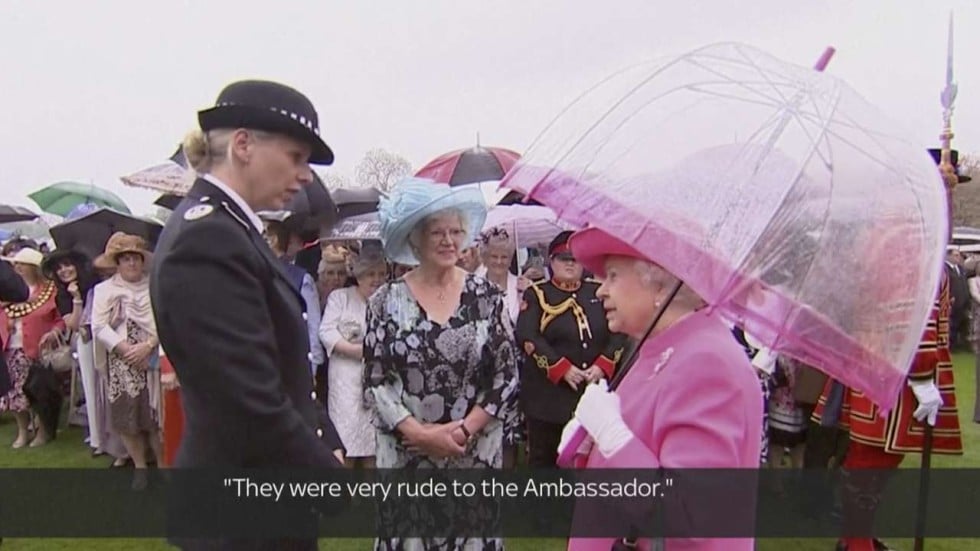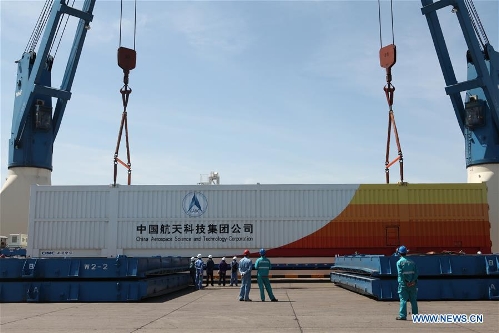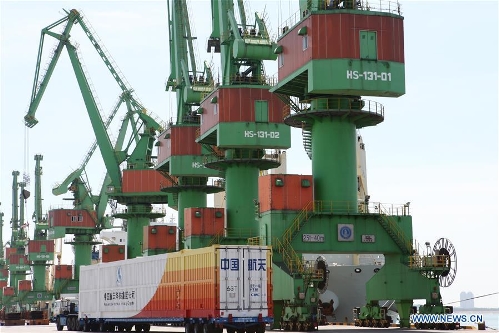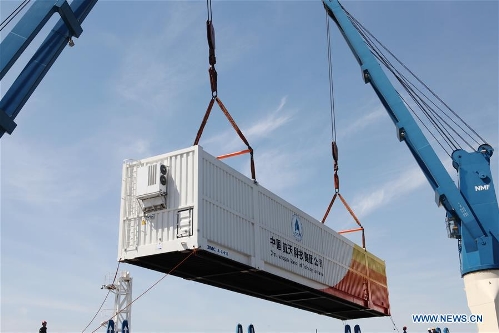Former Bank of England governor claims that for over two centuries, economists have struggled to provide rigorous theoretical basis for the role of money and have largely failed.
MONEY makes the world go round, so you would have thought that economists understand what money is all about.
The former governor of the Bank of England, Lord Mervyn King, has just published a book called The End of Alchemy, which made a startling claim that “for over two centuries, economists have struggled to provide rigorous theoretical basis for the role of money, and have largely failed.” This is a serious accusation from a distinguished academic turned central banker.
Alchemy is defined as the ability to create gold out of base metals or the ability to brew the elixir of life. King identifies that the main purpose of financial markets is to help real economy players to cope with “radical uncertainty”. But as we discovered after the global financial crisis, financial risk models widely used by banks narrowly defined risks as statistical probabilities that could be measured. By definition, radical uncertainty is an “unknown unknown” that cannot be measured. It was no wonder that the banks were blind to the blindness of financial models, which conveniently assumed that what cannot be measured does not exist. Ergo, no one but dead economists is to blame for bank failure.
When money was fully backed by gold, money was tied to real goods. But when paper currency was invented, money became a promisory note, first of the state – fiat money, supported by the power to impose taxes to repay that debt, and today, bank-created money, which is backed only by the assets and equity of the bank. The power to create “paper” money is truly alchemy – since promises by either the state or the banks can go on almost forever, until the trust runs out.
Today national money supply comprises roughly one-fifth state money (backed by sovereign debt) and four-fifths bank deposits (backed by bank loans and bank equity). Banks can create money as long as they are willing to lend, and the more they lend to finance bad assets, the more alchemy there is in the system.
A good description of financial alchemy is provided by FT columnist Prof John Kay, whose new book, Other People’s Money, is a masterpiece in the diagnosis of financialisation – how the finance industry traded with itself and (almost) ignored the real world. For example, Kay claimed that British banks’ “lending to firms and individuals in the production of goods and services – which most people would imagine was the principal business of a bank – amounts to about 3% of that total”. How is it possible that “the value of the assets underlying derivative contracts is three times the value of all the physical assets in the world”?
The answer is of course leverage. Finance is a derivative of the real economy, which can be leveraged or multiplied as long as there is someone (sucker?) willing to believe that the derivative has a “sound” relationship with the underlying asset. There are two pitfalls in that alchemy – a sharp decline in leverage and a fall in the value of the underlying asset – which were triggers of the global crash of 2007, as fears of Fed interest rate hikes tightened credit and questions asked about risks in subprime mortgage assets that were the underlying assets of many toxic derivatives.
Unfortunately, as we found to everyone’s costs, the banking system itself became too highly leveraged relative to its obligations, without sufficient equity nor liquidity to absorb market shocks.
The real trouble with financialisation is that central bankers, having not taken away the punch bowl when the party got really heady, cannot attempt anything like even trying to move in that direction without spoiling the whole party. Any attempt to raise interest rates by the Fed would be considered Armageddon by those who have huge vested interests in bubbly asset markets. Instead, central bankers like Mario Draghi has to continue to talk “whatever it takes” to continue the game of financialisation.
King’s recommendation that central banks reverse alchemy by behaving like pawnbrokers for all seasons (having collateral against all lending) can only be implemented after the next and coming crisis. Central bank discipline, like virginity, cannot be replaced once lost. The market will always think that in the end, it will be bailed out by central banks. In the end the market was right – it was bailed out and will be bailed out. In the game of playing chicken with finance, the politicians will always blink.
If we accept that radical uncertainty lies at the heart of finance, then money makes the world go around because it provides the lubricant of trade and investment. Without that lubricant, trade and investment would slow down significantly, but with too much lubricant, the system can rock itself to pieces.
The dilemma of central banks today is also globalisation. In addition to the Fed controlling dollar money supply within the US borders, there are US$9 trillion of dollars created outside the US borders over which the Fed has no control. Money today can be created in the form of Bitcoins, computerised digital units that tech people use to trade value. But Bitcoins ultimately need to be changed into dollars. So as long as someone will accept Bitcoins, digital currency become convertible money.
We got into a monetary crisis in which bad money drove out good. The reason was because the financial sector, in collusion with politics, refused to accept that there were losses in the system, so it printed more money to hide or roll over the losses. Surprise, surprise, there was no inflation, because the real economy, having become bloated with excess capacity financed by excess leverage, had in the short run no effective demand. So inflation at the global level is postponed.
But if climate change disrupts the weather and create food supply shortages, inflation will return, initially in the emerging economies, which cannot print money because they are not reserve currencies. In time, inflation will come back to haunt the reserve currency countries. But not before the emerging markets go into crises of inflation or banking first.
Money is inherently unfair – the rich will always suffer less than the poor.
In medieval times, only those with real money could afford alchemy. If it was true then, it remains true today.
 Tan Sri Andrew Sheng writes on global affairs from an Asian perspective.
Tan Sri Andrew Sheng writes on global affairs from an Asian perspective. Related posts:
Mar 29, 2016 ... Hedge funds invasion of US treasuries puts bond at risk, more ... into U.S.
Treasuries, and that has bond traders bracing for more turbulence. ... The
Treasury Department is already looking into whether the market isn't running ...

 The Bank of England in the City of London.
The Bank of England in the City of London.


 Illustration: Liu Rui/GT
Illustration: Liu Rui/GT








